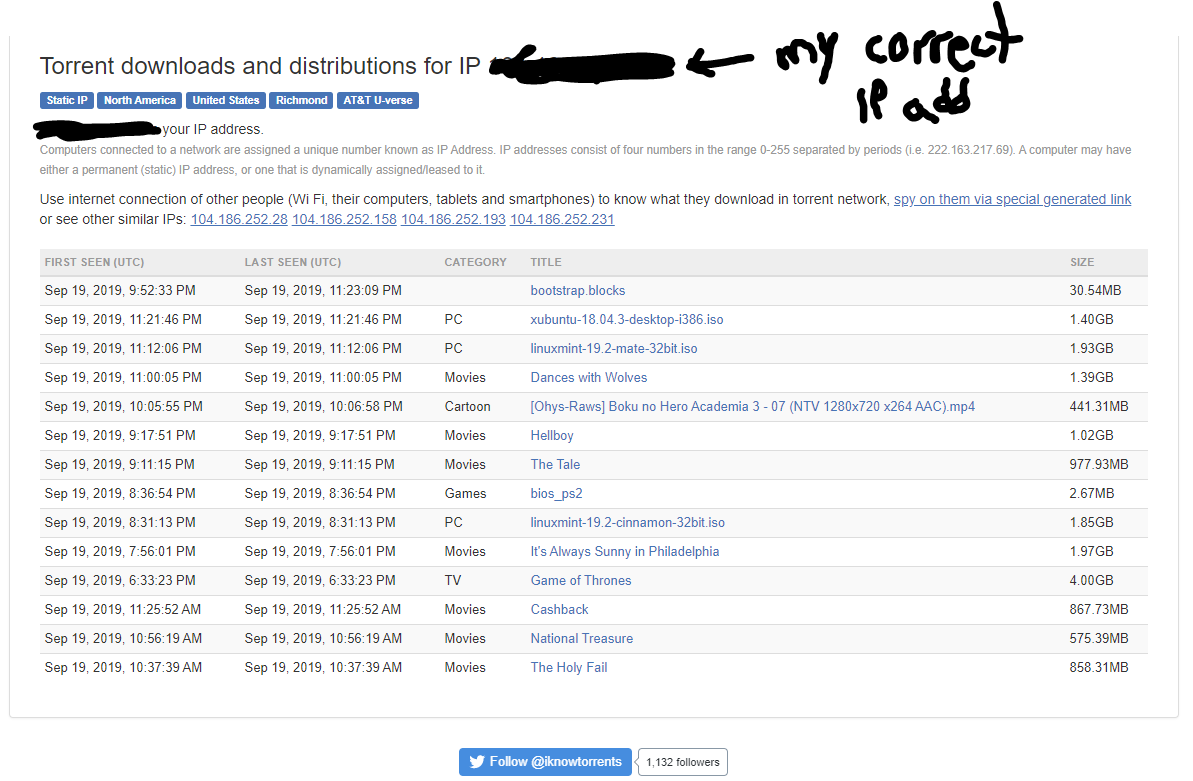

It's important to note that when you search Namecoin you don't reveal your searches in any way, it's all client side. This is something being worked on in Namecoin as well as overlay networks that sit above Namecoin. Trust in the encrypted domain is an unsolved hard problem. That's one of the reasons I prefer using bloom filters over a tree or index containing the actual words - in addition to the space saving. As long as the data contains the actual keywords I consider it a leak and think it damages plausible deniability. I'm much less of the "popularity makes things right" type of person and much more of a "associate with what you like, disassociate with what you don't like" type of person.ĭoing keyword search via onion routing only makes spamming more trivial. We got 250k votes on channels of torrents now. Tribler uses crowd sourced voting to try to address this issue.
#Tribler anonymous no torrent
Overall having every torrent ever published in about ~500MB meta data searchable is pretty cool! Currently the index uses 256K sized pieces, but later that will be tunable. A lot of hard coded stuff is still laying around as we figure out more of the equations.

#Tribler anonymous no download
There is work right now in re-organizing the index and additional compression to make it so you only download a very specific number of blocks. Likewise trying to attack the Namecoin part of the system you will have to either break the cryptography in Namecoin (which is mostly the same of Bitcoin) or use more computing power than Namecoin, which merge-mines with Bitcoin (meaning it has a lot of the hashing power provided by Bitcoin miners)
#Tribler anonymous no Pc
So if you don't like torrents someone makes, don't browse their "realbay" address (which is a new Namecoin prefix being made, see this thread)Ĭan a single PC at 100mbps not flood you entire network with fake metadata and query responses?Īgain if a "realbay" address is publishing indexes you don't like you can "unfollow" them or simply stop searching their indexes. You only browse Namecoin addresses you trust. It's best to discourage this kind of use, making it very plain where the anonymity starts and where it ends. I would add a few explicit paragraphs on what Tribler does not protect you from, including the interception and logging of search strings and results by your ISP and government agencies.Īll things considered, it would be bad publicity for the project if some moron used Tribler to search for, say, child porn, triggered a search and seizure, and ended up behind bars. Seeing as it's technologically harder to do properly, postponing it to a later date seems like an acceptable compromise.īut I agree that the wording in the front page and in the anonymity page is ambiguous, possibly misleading. For the purpose of evading the media companies' lawyers, securing the search strings (and results) between your client and the rest of the Tribler network is not a priority. Tribler aims to solve this very real threat-which may not be a threat to you, depending on your country. Private trackers, where you only get in by invitation, mitigate the issue, but do not solve it altogether. No hacking is needed to know your IP address and the exact content you are dowloading / uploading. If a corporation hacks your network or your computer, they cannot bring that evidence in front of a judge.Ĭurrent BitTorrent clients make plainly available to any peer the list of other peers that are downloading and distributing that same file. IANAL, but a "lawyer-based attack" is one that employs legally acceptable evidence.

We are a torrent client and aim to protect you against lawyer-based attacks and censorship. In the same way, it does not protect you from your ISP, nor from 3-letter government agencies which may already be watching your traffic. This is admittedly cryptic, but it means: Tribler does not protect you against people who may infiltrate your network or your computer, or otherwise attack and intercept your internet traffic. Tribler does not protect you against spooks and government agencies. The homepage carries a red warning sign that says:


 0 kommentar(er)
0 kommentar(er)
